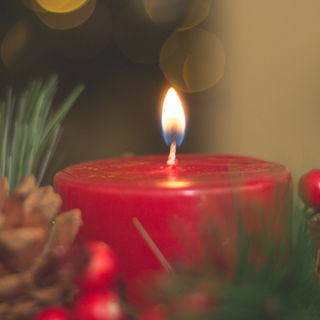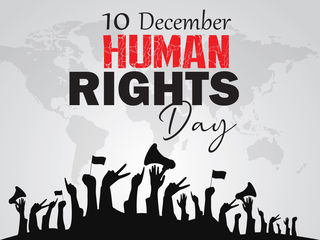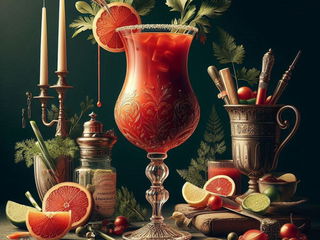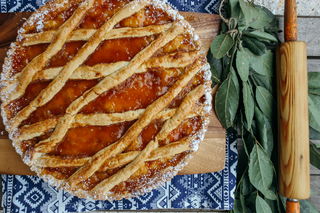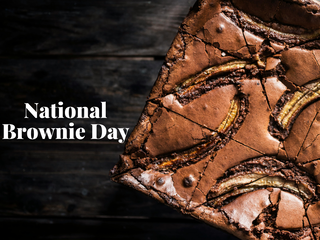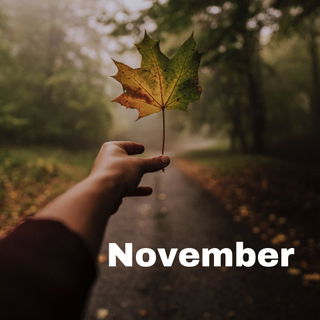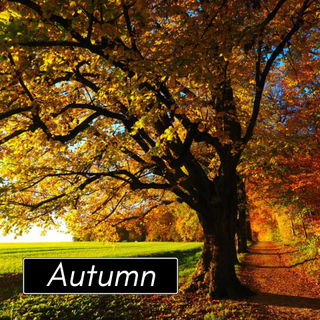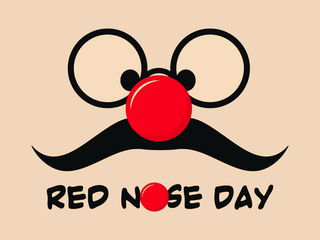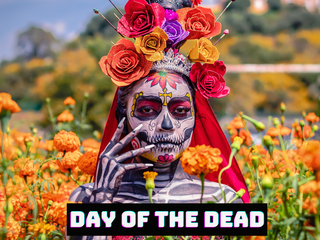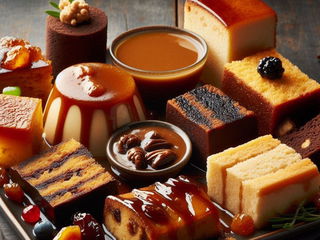- Calendar
- Calendar 2026
- November
- Bonfire Night (Guy Fawkes Night)
Bonfire Night (Guy Fawkes Night)
Bonfire Night, also known as Guy Fawkes Night, is celebrated on the 5th of November. It is a night of bonfires, fireworks, and sparklers, with families, friends, and communities, and so it's a great chance to spend time with others.
Across the UK there will be council-run firework displays, and community fireworks put on by sports clubs, churches, and other organisations. Many families will also set off fireworks in their back gardens and take part in bonfire night parties.
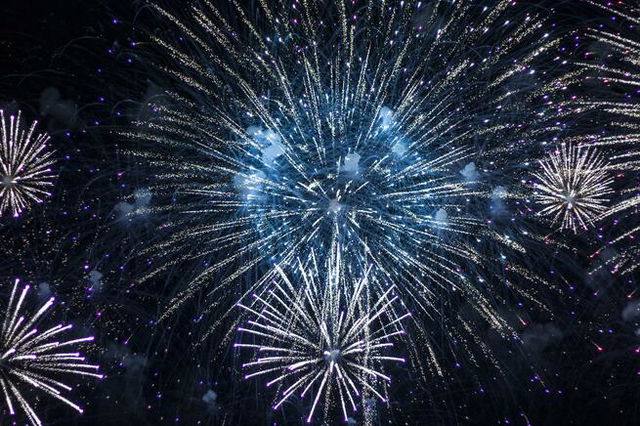
History of Guy Fawkes Night
In 1605 thirteen men attempted to assassinate the King and The House of Lords at the opening of Parliament. Although the mastermind of the Gunpowder Treason Plot was a man called Robert Catesby, it was not him, but Guy Fawkes who became famous following the events that led to what we now call Bonfire Night.
Who was Guy Fawkes?
Guy Fawkes came from a very prominent family, his great-grandfather had been Lord Mayor of London while Henry VIII was on the throne. Guy Fawkes' father was a Protestant while his mother was a devout Catholic. When his father died, Guy Fawkes' Mother remarried a Catholic, and Guy Fawkes received a very intense Catholic upbringing. So devout was his faith that he travelled abroad to fight for the Catholic King of Spain, Philip II.
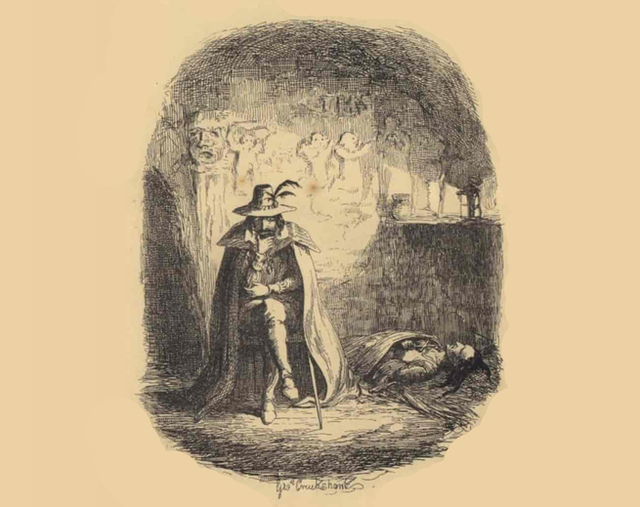
Before Queen Elizabeth died in 1603 leaving James I on the throne, she placed heavy influence on James I which led to him defecting from his mother's Catholic beliefs to Protestantism. When James I came to the throne he was naturally opposed to and despised by Guy Fawkes and many other Catholics who saw The King's actions as a betrayal.
The Gunpowder Treason Plot
To assassinate the King as well as his heir Prince Henry, the group, led by Robert Catesby, leased property underneath The Houses of Parliament. They stockpiled gunpowder with the intent of exploding it at the opening of Parliament by King James I. The hope had been that when James I was killed he would be replaced by his daughter Elizabeth of Scotland who was Catholic and would therefore see Great Britain return to Catholicism.
The plot was foiled when an anonymous letter was sent to warn officials.
"My Lord out of the love I bear to some of your friends I have a care of your preservation. Therefore I would advise you as you tender your life to devise some excuse to shift off your attendance at this Parliament, for God and man hath concurred to punish the wickedness of this time…they shall receive a terrible blow this parliament and yet they shall not see who hurts them."
-Passage from Monteagle letter
Guy Fawkes was discovered with thirty-six barrels of gunpowder and fuses in his pockets. He was arrested and tortured until he gave away the names of his accomplices.
He was found guilty of high treason and sentenced to be hung, drawn, and quartered; a death sentence. Guy Fawkes' co-conspirators were all put to death, but Guy Fawkes accidentally died when he fell off the scaffolding and broke his neck on the way up to the gallows.
Customs and Traditions
Ever since 1605, whenever The Houses of Parliament have their State Opening, the day begins with the Yeoman of the Guard checking the cellars to make sure that no one is in there with gunpowder and evil intent! This is just one example of the many customs associated with Bonfire Night. The whole night now being a family occasion and a celebration of British tradition.
Bonfires
In 1605 King James announced that November 5th should be celebrated as the day that the gunpowder plot was thwarted. One of the principal ways people chose to celebrate was through bonfires, on which they would either place an effigy of the pope or Guy Fawkes. Even now people gather around bonfires together, although over time the former model has been replaced solely with images of Guy Fawkes.
On bonfire Night, as well as bonfires and the 'burning of the guy', there is also often a firework display, and sparklers are handed out to people to draw and write their names in the sky.
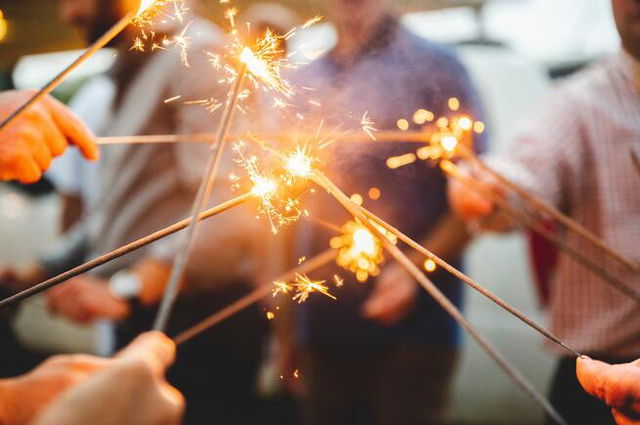
A penny for the 'Guy'
One older custom which is now less popular was for children to walk around the neighbourhood with their model of Guy Fawkes made out of straw, pushing it in a pushchair wheelbarrow, or pram, while asking for money.
In a way that was quite similar to Halloween, they would go door to door asking for a 'penny for the 'Guy'' and at the end of the night, they would throw the 'Guy' onto the bonfire.
Remember Remember
In schools, it is very commonplace for the poem 'Remember Remember the Fifth of November' to be learned and recited:
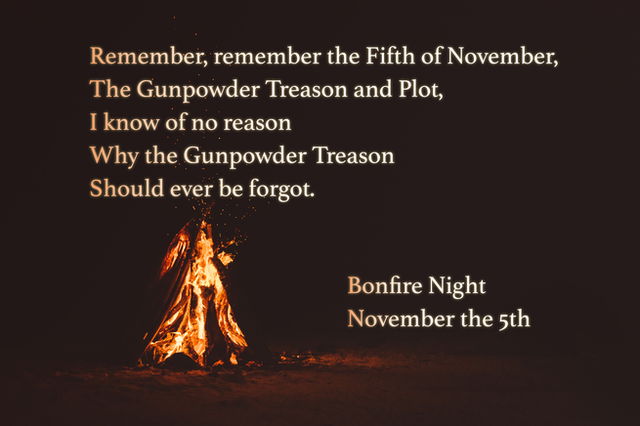
Although most children know the first five lines of the poem, it is part of a much longer poem, the rest of which is far less well-known:
Remember, remember the Fifth of November,
The Gunpowder Treason and Plot,
I know of no reason
Why the Gunpowder Treason
Should ever be forgot.
Guy Fawkes, Guy Fawkes, t’was his intent
To blow up the King and Parli’ment.
Three-score barrels of powder below
To prove old England’s overthrow;
By God’s providence he was catch’d
With a dark lantern and burning match.
Holla boys, Holla boys, let the bells ring.
Holloa boys, holloa boys, God save the King!
And what should we do with him? Burn him!
The poem itself was written in 1626 by the famous author John Milton who wrote it originally in Latin, it had the name 'In Quintum Novembris' which translates as On The Fifth of November. These days however people colloquially refer to it as 'Remember Remember.
Where to take part
Most councils run public fireworks displays and bonfires on Bonfire Night, so check out your council website to find information on when your nearest display will take place. If November the 5th is midweek you might find that the fireworks display to take place at the weekend instead.
Safety
One of the primary concerns over Bonfire Night is the danger it can pose to pets, e.g., in some research, it is shown that up to 45% of dogs become agitated at the sound of fireworks. The RSPCA and PETA have both published information on their websites to help you keep your animals safe and happy on Bonfire Night.
Another risk over Bonfire Night is the use of fireworks and sparklers, and so the danger of causing injury to self and others. In 2020 and 2021, 116 people suffered injuries from the use of fireworks and were admitted to hospital. The website of The Royal Society for the Prevention of Accidents (RoSPA) has useful information on how to use sparklers and fireworks safely.
When going out, don't forget your woolly hat and gloves, and maybe ear defenders too, it can get quite cold, and loud! But most of all, remember, remember to have a great time.
You might like to read these next:
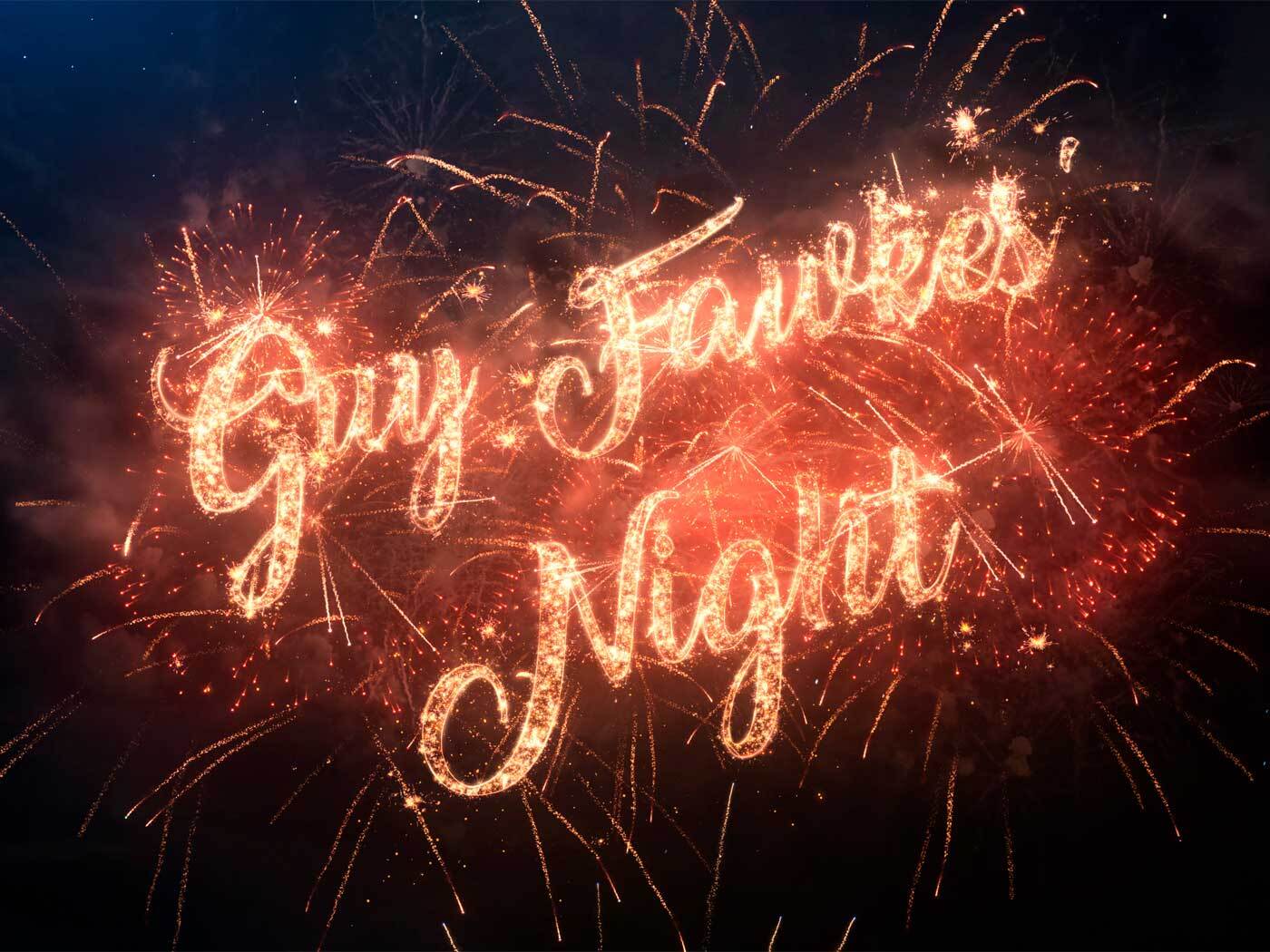
Other Celebrations
-
Jan 25 Sat
-
Mar 01 Sat
-
Mar 20 Thu
-
Sep 22 Mon
-
Dec 24 Wed
-
Mar 19 Thu

Bonfire Night (Guy Fawkes Night) - Next years
Friday, 05 November 2027
Sunday, 05 November 2028
Monday, 05 November 2029
